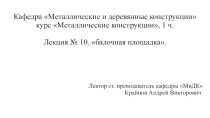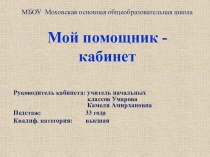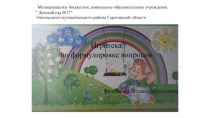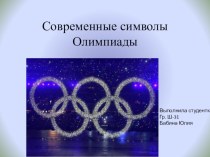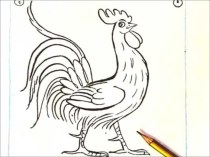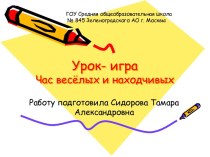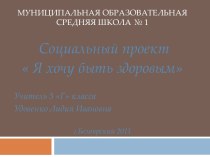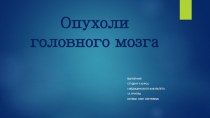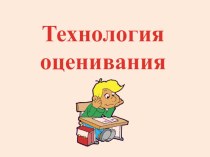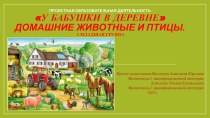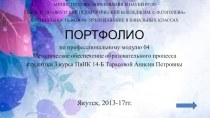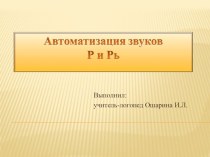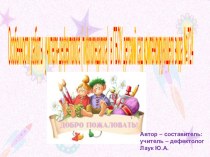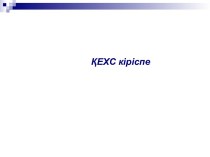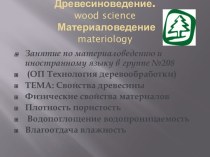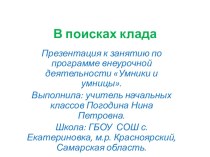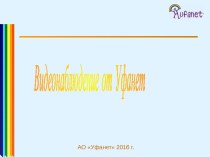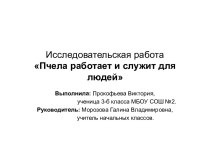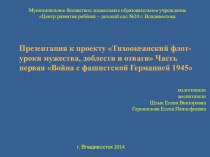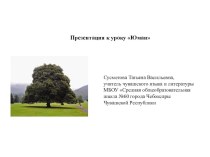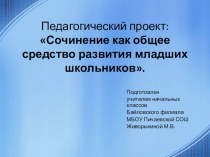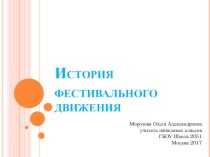- Главная
- Разное
- Бизнес и предпринимательство
- Образование
- Развлечения
- Государство
- Спорт
- Графика
- Культурология
- Еда и кулинария
- Лингвистика
- Религиоведение
- Черчение
- Физкультура
- ИЗО
- Психология
- Социология
- Английский язык
- Астрономия
- Алгебра
- Биология
- География
- Геометрия
- Детские презентации
- Информатика
- История
- Литература
- Маркетинг
- Математика
- Медицина
- Менеджмент
- Музыка
- МХК
- Немецкий язык
- ОБЖ
- Обществознание
- Окружающий мир
- Педагогика
- Русский язык
- Технология
- Физика
- Философия
- Химия
- Шаблоны, картинки для презентаций
- Экология
- Экономика
- Юриспруденция
Что такое findslide.org?
FindSlide.org - это сайт презентаций, докладов, шаблонов в формате PowerPoint.
Обратная связь
Email: Нажмите что бы посмотреть
Презентация на тему A lesson is a structured period of time where learning is intended to occur. the potential format and structure of a lesson is dependent upon factors such as culture, learning objectives and the style of the individual teacher.
Содержание
- 2. A lesson is a structured period of time where learning is
- 3. The most important task in mastering the educational
- 4. For many years the teachers of English
- 5. Non- traditional forms of the lessons attract
- 6. LESSONS OF THE TYPE “THE CLUB OF MERRY
- 7. An example of such type of a
- 8. LESSONS- EXCURSIONS Such topics can be used
- 9. LESSONS REVUE Lessons revue in the 3-5
- 10. An example of the conference: the class
- 11. LINGUISTIC EXPRESS The class is divided into
- 12. LESSONS OF THE TYPE “THE ROUND
- 13. SING OUT ENGLISH SONGS The task to
- 14. ConclusionThe forms and types of the lessons
- 15. Скачать презентацию
- 16. Похожие презентации
A lesson is a structured period of time where learning is intended to occur. The potential format and structure of a lesson is dependent upon factors such as culture, learning objectives and the style of the individual teacher.
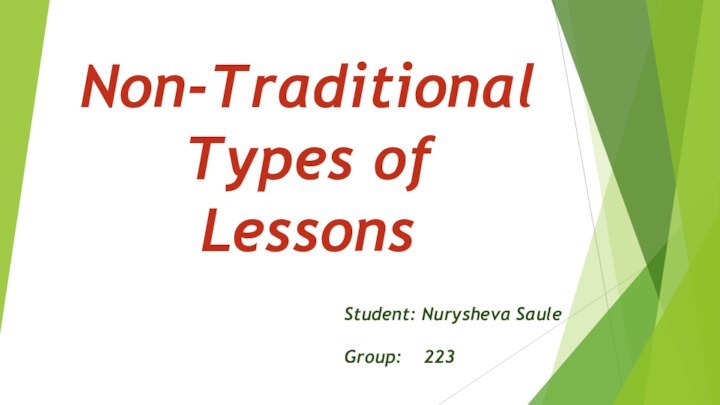


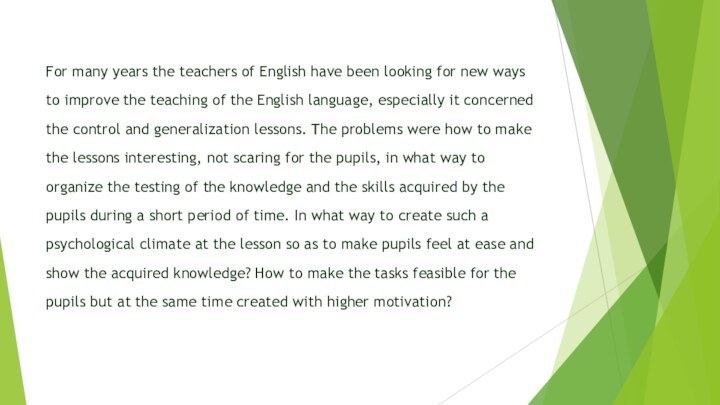
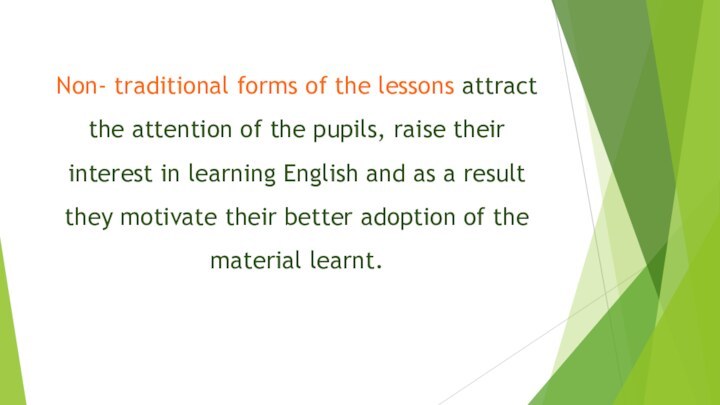
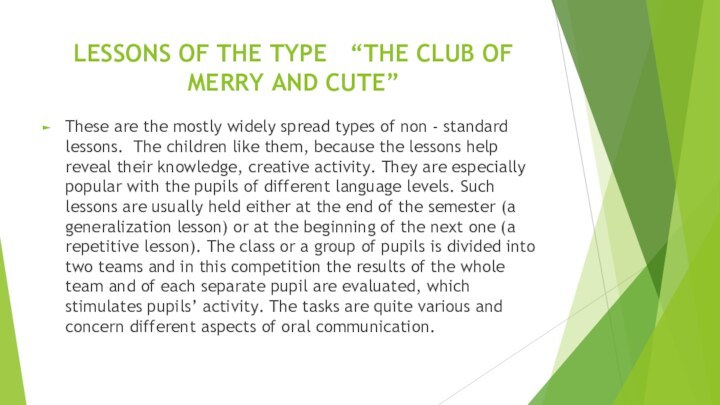

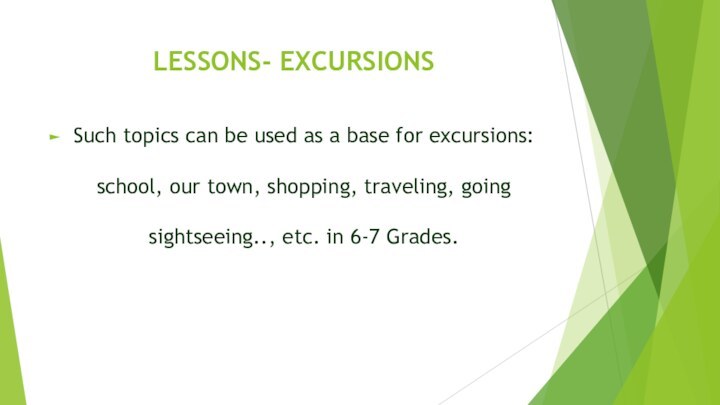
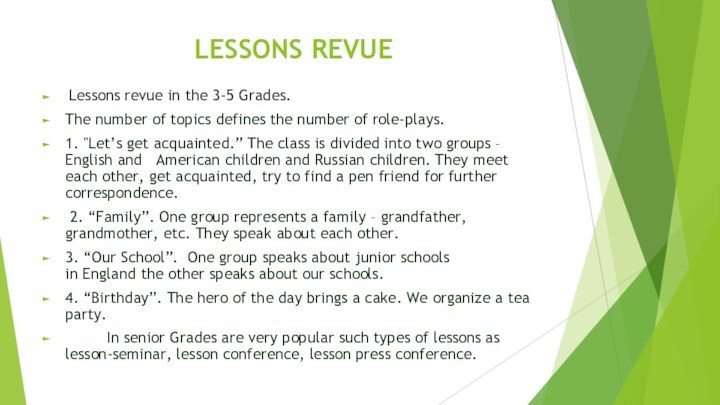
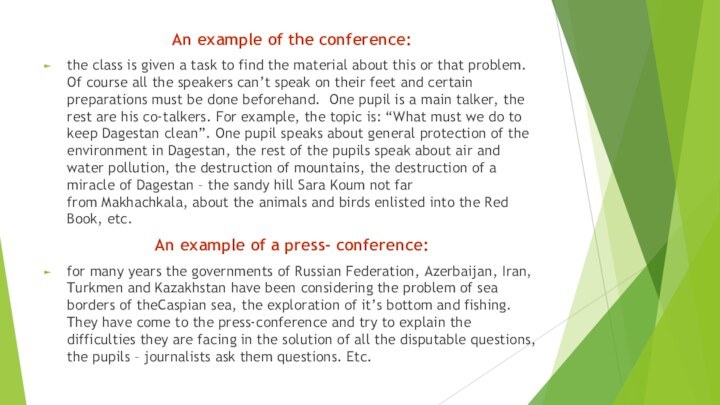

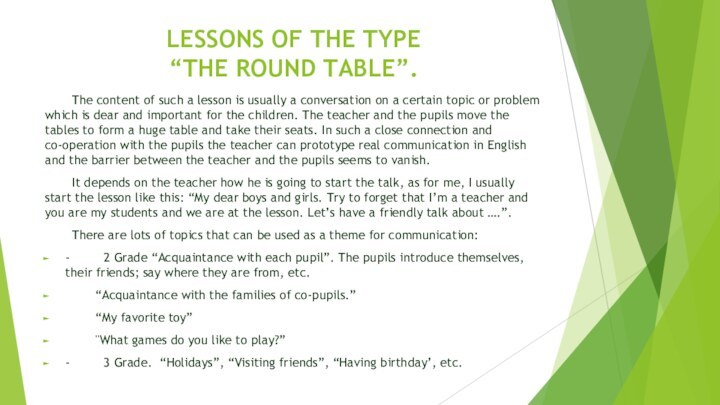
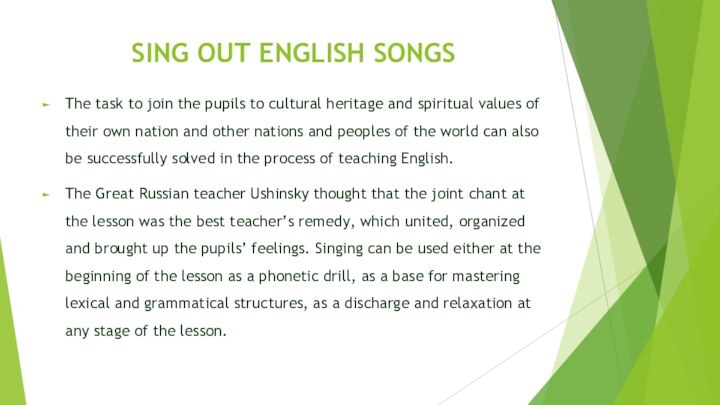


Слайд 3 The most important task in mastering the educational process
at schools still remains the task- in what way
the teacher should raise the cognitive activity of the pupils in learning, how to use in his work different forms and means of teaching English at the lessons.Слайд 4 For many years the teachers of English have
been looking for new ways to improve the teaching
of the English language, especially it concerned the control and generalization lessons. The problems were how to make the lessons interesting, not scaring for the pupils, in what way to organize the testing of the knowledge and the skills acquired by the pupils during a short period of time. In what way to create such a psychological climate at the lesson so as to make pupils feel at ease and show the acquired knowledge? How to make the tasks feasible for the pupils but at the same time created with higher motivation?Слайд 5 Non- traditional forms of the lessons attract the
attention of the pupils, raise their interest in learning
English and as a result they motivate their better adoption of the material learnt.Слайд 6 LESSONS OF THE TYPE “THE CLUB OF MERRY AND
CUTE”
These are the mostly widely spread types of non
- standard lessons. The children like them, because the lessons help reveal their knowledge, creative activity. They are especially popular with the pupils of different language levels. Such lessons are usually held either at the end of the semester (a generalization lesson) or at the beginning of the next one (a repetitive lesson). The class or a group of pupils is divided into two teams and in this competition the results of the whole team and of each separate pupil are evaluated, which stimulates pupils’ activity. The tasks are quite various and concern different aspects of oral communication.Слайд 7 An example of such type of a lesson
in the 9 Grade: The topic is “Do you
know America?”Here are several tasks for the teams:
Presentation of the participating teams: names of the teams, emblems, mottoes.
Questions of the type “Do you know or do you remember?” Do you know the name of the first president of the USA? Do you remember the name of the author of the Declaration of Independence? All of you know a lot about tea-parties, what can you tell us about the Boston Tea party?, etc.
Competition of the captains. They must answer each other’s questions concerning history, culture, American holidays, etc. The questions are usually rather difficult and the teams greet each failure of the opponent with applause and shouting.
Say Tongue Twister. To prepare for this competition we use the computer course “Professor Higgins” with lots of twisters. The pupils practice to say them with different speed; besides they can check their pronunciation with the recorded master pronunciation, recording on the computer themselves and listing to both variants.
The jury names the winners, the teacher summaries the results.
Слайд 8
LESSONS- EXCURSIONS
Such topics can be used as a
base for excursions: school, our town, shopping, traveling, going
sightseeing.., etc. in 6-7 Grades.
Слайд 9
LESSONS REVUE
Lessons revue in the 3-5 Grades.
The number
of topics defines the number of role-plays.
1. "Let’s get acquainted.” The
class is divided into two groups – English and American children and Russian children. They meet each other, get acquainted, try to find a pen friend for further correspondence.2. “Family”. One group represents a family – grandfather, grandmother, etc. They speak about each other.
3. “Our School”. One group speaks about junior schools in England the other speaks about our schools.
4. “Birthday”. The hero of the day brings a cake. We organize a tea party.
In senior Grades are very popular such types of lessons as lesson-seminar, lesson conference, lesson press conference.
Слайд 10
An example of the conference:
the class is
given a task to find the material about this
or that problem. Of course all the speakers can’t speak on their feet and certain preparations must be done beforehand. One pupil is a main talker, the rest are his co-talkers. For example, the topic is: “What must we do to keep Dagestan clean”. One pupil speaks about general protection of the environment in Dagestan, the rest of the pupils speak about air and water pollution, the destruction of mountains, the destruction of a miracle of Dagestan – the sandy hill Sara Koum not far from Makhachkala, about the animals and birds enlisted into the Red Book, etc.An example of a press- conference:
for many years the governments of Russian Federation, Azerbaijan, Iran, Turkmen and Kazakhstan have been considering the problem of sea borders of theCaspian sea, the exploration of it’s bottom and fishing. They have come to the press-conference and try to explain the difficulties they are facing in the solution of all the disputable questions, the pupils – journalists ask them questions. Etc.
Слайд 11
LINGUISTIC EXPRESS
The class is divided into several groups
which will represent carriages. The aim of this expresses
is to reach the station of destination safely and without losses. There are several stations on the way of the train: Lexical, Grammatical, Poetic, Musical, Cute, etc. It depends on the teacher’s taste which stations to choose. When the train reaches the station the conductor gets a sealed envelope with the tasks to be done. Collective work is welcomed. The tasks may be the following:to give the meaning of a certain group of words and to compose sentences with them.
composing a situation with a group of words;
the words in the sentences are jumbled. Put them in the right order;
recite the verse we have recently learned;
speak about …. (depends on the topics recently learned).
sing your favorite English song, etc.
Слайд 12
LESSONS OF THE TYPE
“THE ROUND TABLE”.
The content
of such a lesson is usually a conversation on
a certain topic or problem which is dear and important for the children. The teacher and the pupils move the tables to form a huge table and take their seats. In such a close connection and co-operation with the pupils the teacher can prototype real communication in English and the barrier between the teacher and the pupils seems to vanish.It depends on the teacher how he is going to start the talk, as for me, I usually start the lesson like this: “My dear boys and girls. Try to forget that I’m a teacher and you are my students and we are at the lesson. Let’s have a friendly talk about ….”.
There are lots of topics that can be used as a theme for communication:
- 2 Grade “Acquaintance with each pupil”. The pupils introduce themselves, their friends; say where they are from, etc.
“Acquaintance with the families of co-pupils.”
“My favorite toy”
"What games do you like to play?”
- 3 Grade. “Holidays”, “Visiting friends”, “Having birthday’, etc.
Слайд 13
SING OUT ENGLISH SONGS
The task to join the
pupils to cultural heritage and spiritual values of their
own nation and other nations and peoples of the world can also be successfully solved in the process of teaching English.The Great Russian teacher Ushinsky thought that the joint chant at the lesson was the best teacher’s remedy, which united, organized and brought up the pupils’ feelings. Singing can be used either at the beginning of the lesson as a phonetic drill, as a base for mastering lexical and grammatical structures, as a discharge and relaxation at any stage of the lesson.
